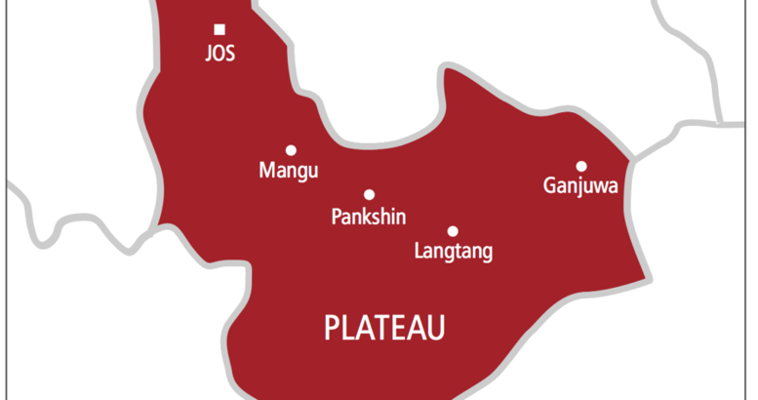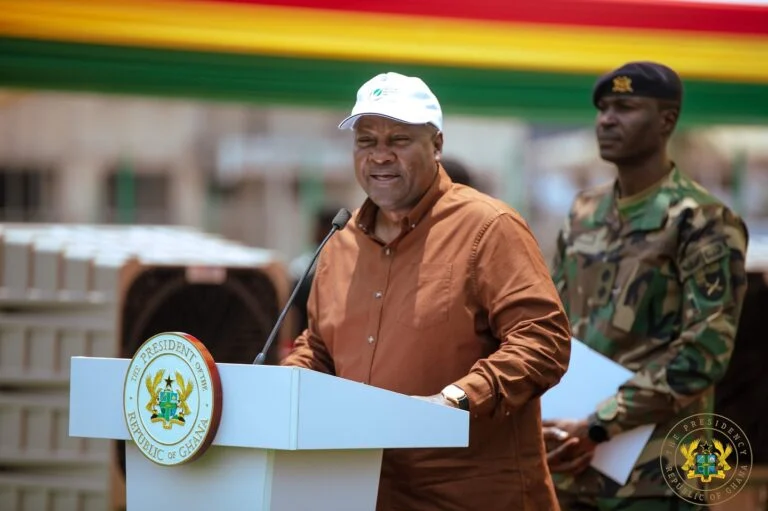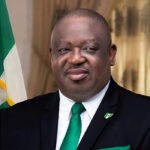Trump Lowers Tariffs on Japanese Cars as Tokyo Pledges $550bn Investment, Major Farm Concessions

U.S. President Donald Trump has signed an executive order cutting tariffs on Japanese car imports in a landmark trade deal that also secures massive Japanese investments in the American economy and significant concessions on agricultural trade.
The order, signed in Washington this week, slashes tariffs on Japanese automobiles from as high as 27.5 percent down to 15 percent. The reduced rate takes effect seven days after publication and applies retroactively from August 7, providing long-awaited clarity for Japanese automakers who had faced months of uncertainty. Commercial aircraft and related parts remain exempt from the tariff adjustment.
In return, Japan has pledged a record $550 billion in investments across U.S. industries, including semiconductors, energy infrastructure, shipbuilding, pharmaceuticals, and critical minerals.
The package will come in the form of loans, equity stakes, and government-backed guarantees, making it one of the most significant economic commitments ever made by Tokyo to Washington.
The deal also opens the door for American farmers, as Japan agreed to purchase around $8 billion annually in U.S. agricultural products, including corn, soybeans, fertilizer, bioethanol, and sustainable aviation fuel. In a move seen as politically sensitive, Tokyo will increase rice imports from the U.S. by 75 percent.
Other commitments include the purchase of 100 Boeing aircraft and an increase in annual defense procurement from U.S. suppliers, rising from $14 billion to $17 billion. Japan will also enjoy the most favorable tariff treatment of any U.S. trading partner in pharmaceuticals and semiconductors, though further negotiations on those sectors remain ahead.
Prime Minister Shigeru Ishiba hailed the executive order as “excellent,” saying it would deepen economic cooperation and stabilize trade relations. Analysts note that the agreement not only provides relief for Japanese carmakers but also offers Ishiba a political boost at a time of growing discontent within his ruling party.
For Trump, the deal delivers a high-profile trade victory, balancing protectionist rhetoric with a sweeping economic partnership that promises new jobs and investment in the United States. The accord underscores the strategic importance of U.S.-Japan relations and sets the stage for closer collaboration in both economic and security matters.









